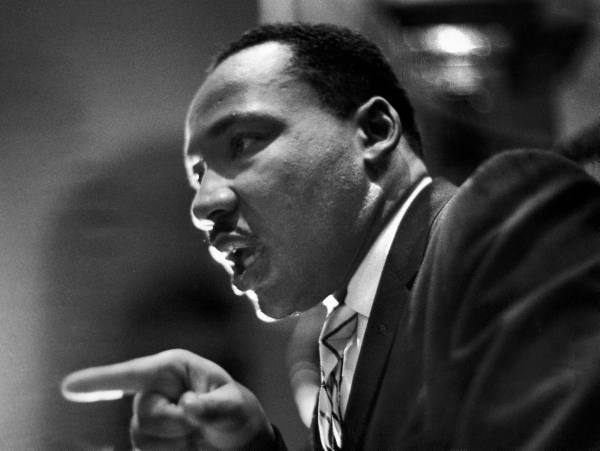
Some of us who have already begun to break the silence of the night have found that the calling to speak is often a vocation of agony, but we must speak. We must speak with all the humility that is appropriate to our limited vision, but we must speak. — Dr. Martin Luther King, Jr.
Today is Martin Luther King, Jr. Day.
We still, I should hope it goes without saying on this particular blog, live in a world fueled by racism, white supremacy, and classism. With a lot of the reporting coming out of Haiti this past week alone, that much has been evident. We live in a world where Dr. King’s words are used and abused by those who like to tell us that race does not matter, and that we should all be “colorblind.” And we live still in a world where much of his work and activism — such as his anti-poverty and anti-war work — is ignored because it’s less simple to twist in a way that supports existing power structures, and where only the parts that make those with power and privilege feel good are typically remembered.
But it’s a much better world than it would have been, had it not been for Dr. King and the many, many other activists like him.
In the spirit of remembering that less publicized and less taught work, instead of posting I Have a Dream or I Have Been to the Mountaintop (two obviously phenomenal speeches), I’m posting the beginning of the less recognized speech Beyond Vietnam: A Time to Break Silence, a statement against war and about the interconnectedness of social justice struggles that still remains largely relevant, as well as moving and chilling.
The full text of Beyond Vietnam: A Time to Break Silence can be found here.
Also recommended are Jay Smooth’s video Ten OTHER Things Martin Luther King Said, and Renee’s post (already linked above) Dr. King: A Legacy Ignored.